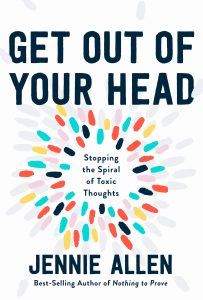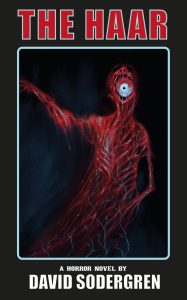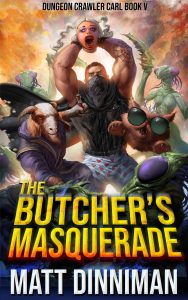
Rating: ★★★★☆ (4/5)
Vigdis Hjorth’s Is Mother Dead is a deeply psychological and unsettling novel that examines the tangled emotional terrain between mothers and daughters. Set in Oslo, it follows Johanna, a sixty-year-old artist who returns home after decades abroad to prepare for a retrospective of her work. Her return, however, reopens old wounds: the mother she hasn’t spoken to in years still lives in the same city, and their unresolved past quickly begins to consume her.
Johanna’s art particularly two controversial paintings titled Mother and Child I and Mother and Child II once scandalized her conservative family and severed their connection. Now widowed and reflective, she finds herself obsessed with her estranged mother, vacillating between a longing for reconciliation and a desperate need to make sense of her own identity. This obsession soon turns into a quiet, psychological chase, as Johanna begins to follow her mother’s movements and wrestle with her memories, regrets, and imagination.
Through this fractured narrative, Hjorth explores some of the most fundamental and painful questions about family: What do parents owe their children, and what do children owe their parents? Can love survive betrayal? And is forgiveness truly possible after decades of silence?
As Meike, one of the reviewers, pointed out, Hjorth excels at capturing the “messiness of familial relationships” and the irrational impulses that drive them. The novel’s structure mirrors Johanna’s internal turmoil: much of it takes place within her thoughts, where recollection and speculation blur together. We never fully know which moments are real, which are imagined, or which are wishful rewrites of memory and that ambiguity is precisely what makes the novel so fascinating.
Richard Derus described it perfectly when he wrote that Johanna “is in the throes of a crisis… disintegrating into the pieces she reassembled through her art.” Hjorth’s prose, masterfully translated by Charlotte Barslund, reflects that breakdown in style and rhythm. The formatting dense paragraphs, looping phrases, and repetitive reflections pulls readers into Johanna’s obsessive inner world, forcing us to inhabit her claustrophobic mind. It is demanding but incredibly rewarding.
Enrique’s observation adds another layer: Hjorth poses a profound moral question beneath all this introspection should one sever ties completely with a toxic family to preserve the self? Or is doing so an act of betrayal in itself? Seen through Johanna’s eyes, Is Mother Dead becomes not only a novel about estrangement but also about autonomy, guilt, and the price of emotional freedom.
Is Mother Dead is not an easy read, nor is it meant to be. It is a raw, intelligent meditation on the ways family shapes and distorts us, how memory both preserves and poisons, and how art can become the only language for pain that cannot be spoken aloud. Hjorth once again proves herself a master of psychological realism, blending the intimacy of confession with the precision of literature.
Verdict: Bold, introspective, and quietly devastating. A striking novel that exposes the invisible wounds between mothers and daughters and asks what it truly means to be free of one’s past.
📖 Get your copy here: Buy on Amazon


